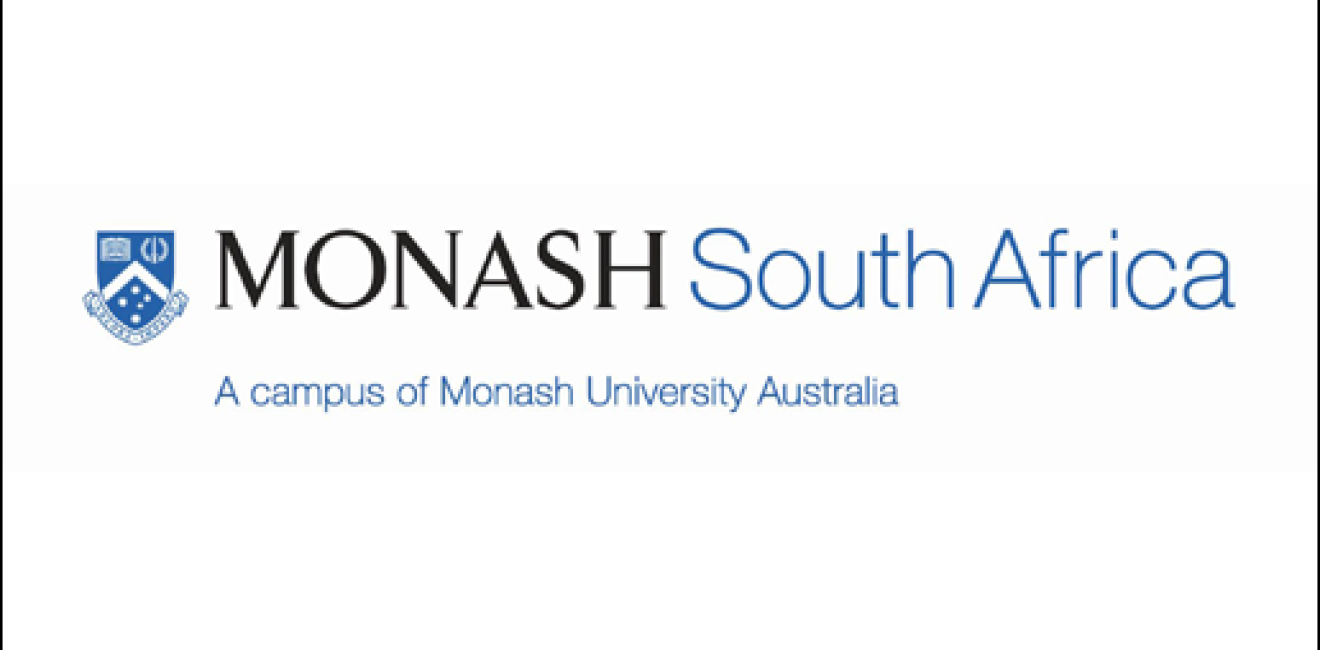Monash South Africa, a partner of the Nuclear Proliferation International History Project (NPIHP), is pleased to announce a 3-month research fellowship to a scholar studying South Africa's nuclear history, in particular relating to its nuclear weapons program, collaboration with other countries, and non-proliferation policies. South Africa was the first country to develop, and then voluntarily destroy a nuclear weapons arsenal before acceding to the NPT. Its nuclear history and policies therefore represent a unique case in the history of international arms control measures, non-proliferation and non-alignment.
The fellowship, made possible by a generous grant from the Carnegie Corporation of New York, will provide a unique opportunity to conduct research on declassified material in various archives in South Africa, in particular the Archive of the Department of International Relations and Cooperation (previously the Department of Foreign Affairs) and the Department of Defence Documentation Centre. The fellow will also have access to a rich collection of databases and South African newspapers through the Monash University library.
Eligibility
One research fellowship of three months is available. Candidates from a wide variety of backgrounds (government, the corporate world, professions, and academia) are encouraged to apply. The fellowship will be awarded on the basis of academic and professional accomplishments, as well as the candidates' ability to connect research conducted during their proposed fellowship to their own ongoing body of academic research. A PhD and evidence of publications beyond the doctoral dissertation is preferable; however, applications from candidates nearing completion of a PhD will also be considered.
Fellowship Details
The duration of the fellowship is three months, to be taken up anytime between July/August 2012 and end of December 2012. The value of the fellowship is 113,000 ZAR (approximately 13,700 USD). The successful applicant will be considered an independent researcher rather than an employee of Monash South Africa, and therefore will not be eligible for employment benefits, including health insurance; however, office space as well as access to the Monash South Africa library, digital resources and the Internet will be made available. The successful applicant will be responsible for obtaining a relevant South African visa.
How to Apply
The deadline for applications is 15 June 2012. Interested candidates must submit a cover letter, a CV, one letter of recommendation, and a proposal (maximum 1,000 words) outlining the project, the work they propose to conduct, and the envisaged outcomes.
Please direct all application materials and inquiries to Dr. Anna-Mart van Wyk at anna-mart.vanwyk@monash.edu.
For more information about Monash South Africa visit the Monash South Africa website.






